What are supplemental wages?
Supplemental wages are a form of compensation employers offer in addition to base income.

Discover how compensation plans are the backbone of attracting and keeping talented professionals.
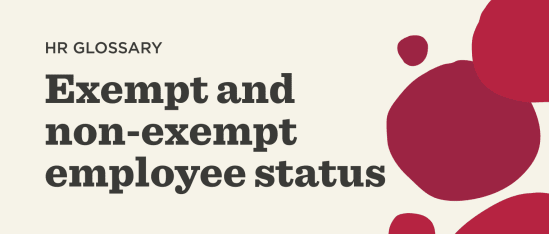
Learn how knowing the difference between exempt and non-exempt statuses can help your business stay…
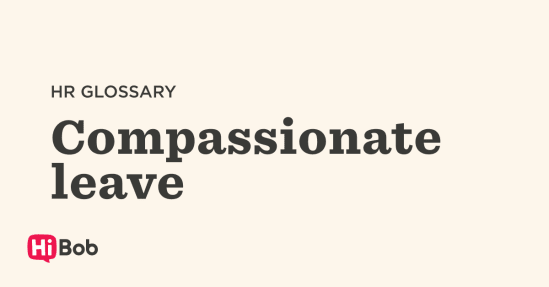
Learn all about compassionate leave: time off from work for people to deal with a…

Discover how performance bonuses can help keep people engaged and motivated.

Among the various types of compensation, on-target earnings (OTE) stand out for their ability to…

Base salary is the benchmark for raises, bonuses, and commissions, offering a clear structure that…
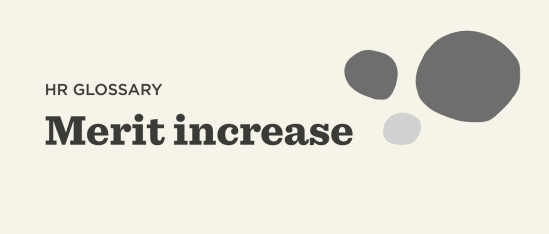
A merit increase is a salary raise companies offer professionals for outstanding work achievements or…

Learn how biweekly pay can lead to increased team member satisfaction and lower administrative expenses.

Discover how HR teams can proactively manage imputed income to deliver impactful, tax-smart benefits that…

When handled efficiently, retro pay shows your commitment to fair compensation and ensures payroll issues…
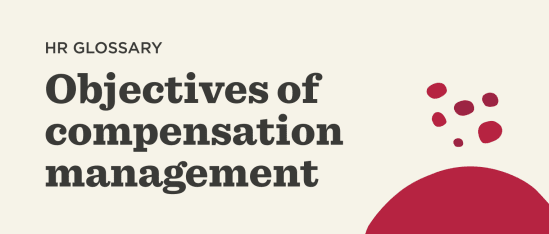
Having the right compensation strategy can drive a more engaged and productive workforce. Leverage these…
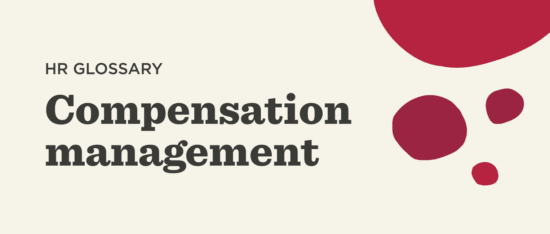
Compensation management is the process of managing analyzing and determining the salary, incentives, and benefits…

Learn how an all-inclusive HCM and payroll solution can help payroll teams and HR teams…

Discover how payroll automation can help streamline global payroll calculations, tax compliance, and team payments.

Salary bands, also known as pay ranges or pay scales, are ranges of salaries for…